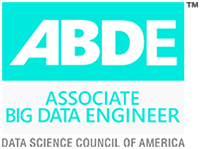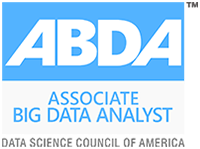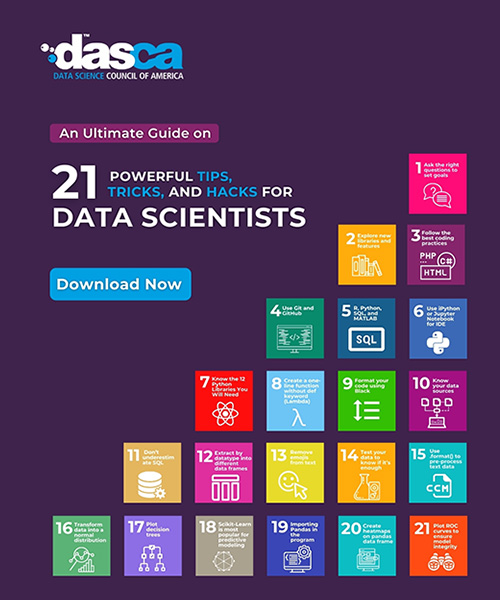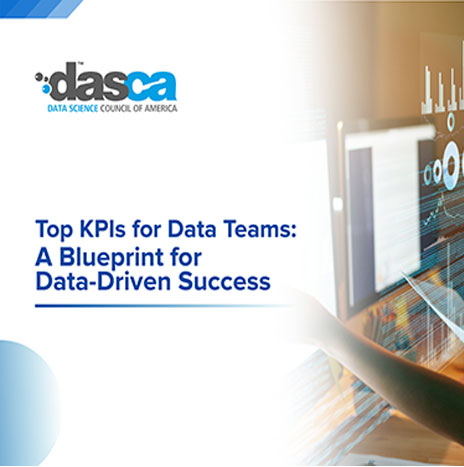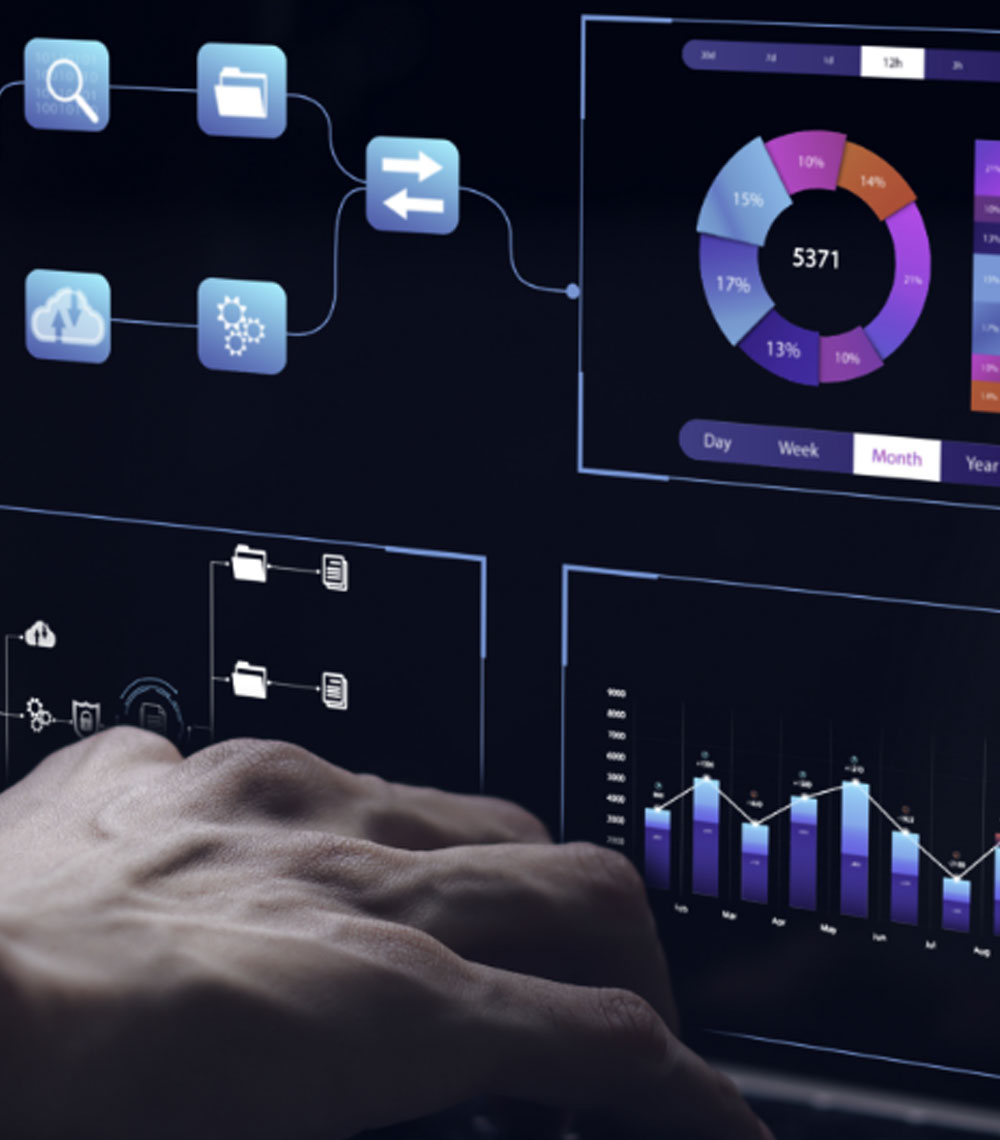
To be a competent data scientist, there is a long list of must-have skills. DASCA discusses the most important and the most basic skill from the list.
The U.S. Bureau of Labor Statistics predicts that the number of jobs in the data science field will increase by 28% through 2026, i.e., about 11.5 million new jobs in the field. The big companies in the world are data science fueled and are hiring data scientists. This has encouraged almost all companies (including small and new companies) to hire skilled data scientists and safeguard their market share. If you are one of the aspirants wanting to grab this lucrative career, then you must possess the skills the industry demand.
For a data scientist, machine learning is the core skill. Period.
What is data science?Data science is a concept. A process of converting data into information. Data scientists use resources to get new and crucial insights from the data. They use statistics, domain expertise, and programming skills to gather data. They combine the data with predictive analytics and sentiment analytics of machine learning to extract information from it. Then the information is shared with the stakeholders. Generally, the process includes:
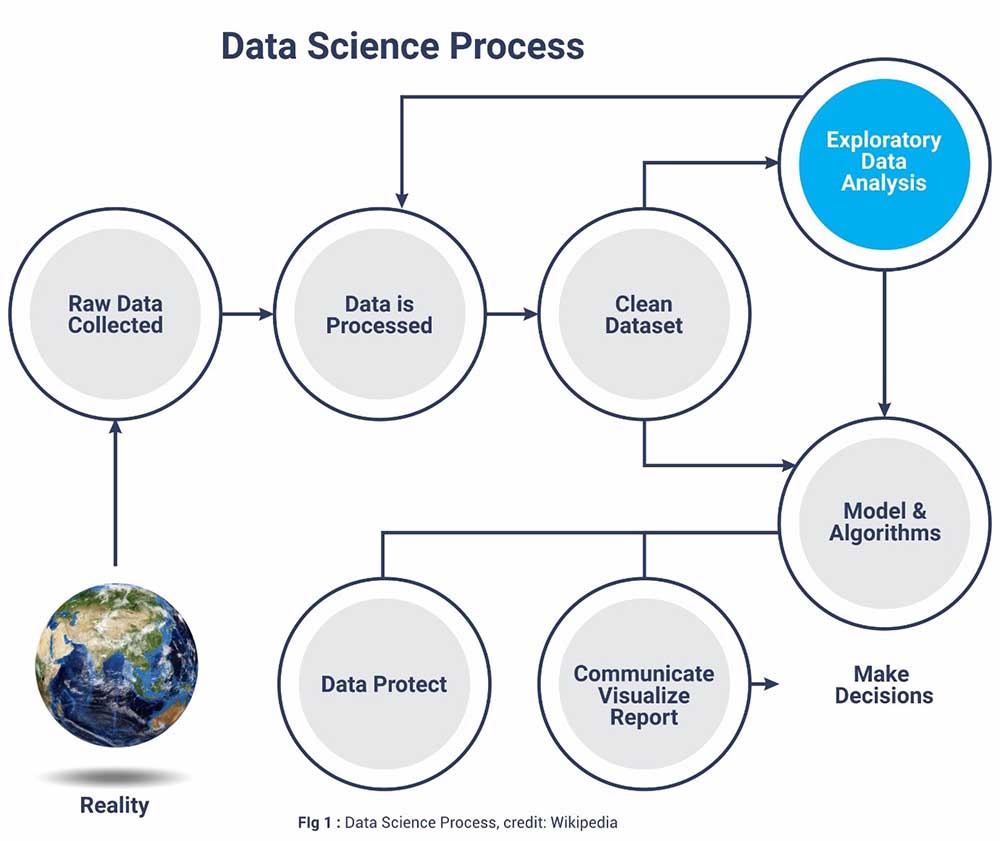
Machine learning refers to the computer algorithms that improve automatically through experience by using data. The basics of machine learning (ML) algorithms are to interpret data. The machine learning algorithms are generally classified as:
- Learning style: supervised, unsupervised, and semi-supervised
- Function: regression, clustering, and decision tree
Whatever the case may be, ML algorithms consists of representation, evaluation, and optimization.
Role of machine learning in data science-they are truly intertwined.
To be straightforward, machine learning and data science are intricately linked to each other. They exist in coherence. Machine learning feeds on data and data depends on machine learning for information.
Let’s take an illustration from Gartner to understand how ML is practically ingrained in every component of data analytics.
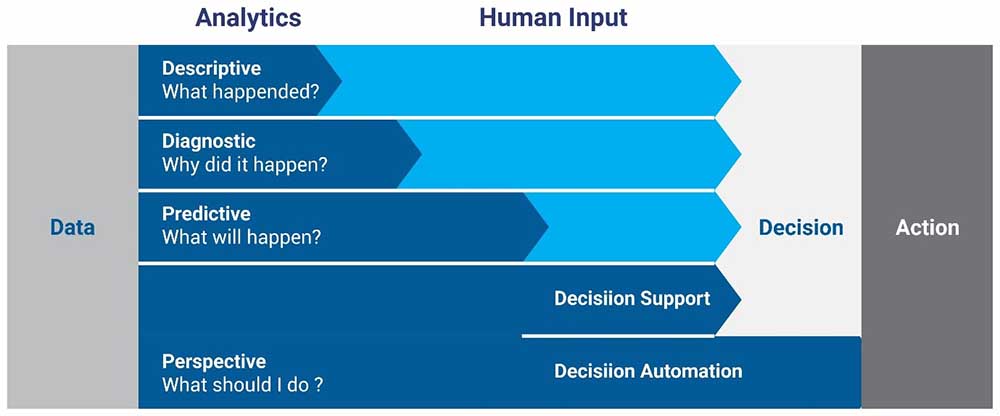
Figure 1 Four types of Analytics. Source: Gartner
We already know that analytics is essential to leverage business data. IT and business leaders are expanding their efforts from using traditional BI (business intelligence) that limited itself to addressing ‘what happened’ to moving on to advanced analytics, which answers ‘why did it happen’; ‘what will happen;’ and ‘what should you do?’.
Data scientists evaluate statistical models, create predictive algorithms, test and improve ML model efficiency, use data visualization, garner insights, and communicate the findings to the business stakeholders. So, this is how and why data scientists typically use machine learning.
- For descriptive analytics - machine learning algorithm like K-means clustering is used.
- For diagnostic analytics - a simple decision tree serves the purpose.
- For predictive analytics - regression algorithms, random forests, or Support Vector Machine (SVM) algorithm is used.
- For prescriptive analytics - Artificial Intelligence, Machine learning, and neural network algorithms is employed.
In brief, ML and data science are intricately linked. Therefore, understanding the basics of machine learning are of utmost importance for data scientists. In most organizations, data scientists’ perspective is considered essential for products, and they work together with machine learning engineers.
Becoming competent in both these fields can take your career to a high position. Because as the analytical maturity graph increases, the commercial value of the business increases. And that’s what an organization needs at the end of the day.
"Whether an organization calls the role "data scientist" or something else, individuals (or teams of professionals) with these core skills and soft skills will prove essential in maximizing the realized value of your information assets, and discovering opportunities for enhanced business performance and competitive advantage."
Alexander Linden, Research Director, Gartner
-an add-on to the existing skills.
Continuous learning is an ongoing process and learning ML techniques helps you to stand out from other data scientists.
Machine learning uses algorithms to parse data and learn from it to predict or determine something. Machine learning has completely changed the data extraction methodologies and interpretations by replacing traditional statistical techniques with automated methods. It helps data scientists to analyze humongous data and automate the process.
The knowledge of machine learning enables a data scientist to solve higher-level data science problems. It is highly recommended that data scientists learn, understand, and imbibe the following ML techniques.
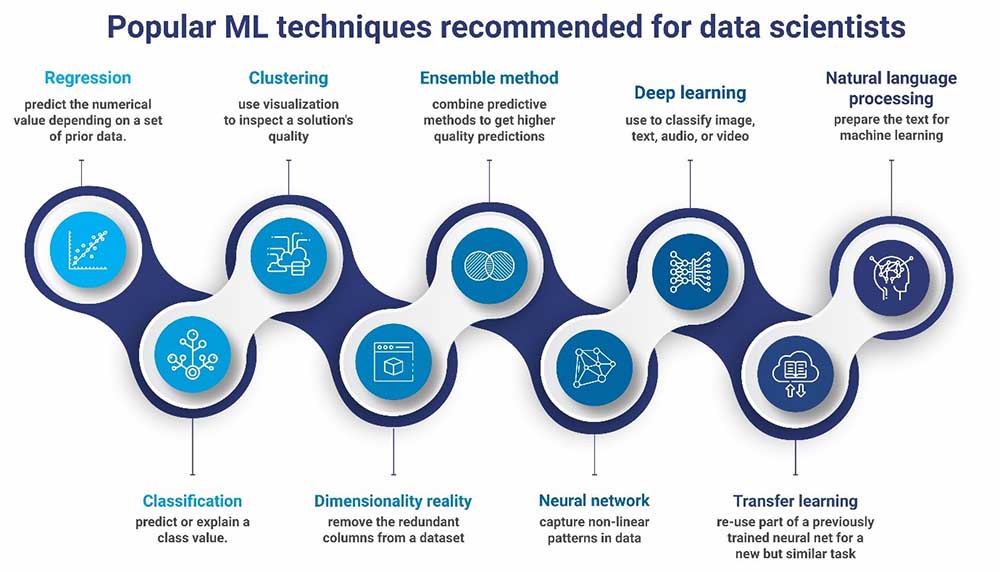
Machine learning is ingrained in all data science projects. They cannot progress without intuitive and automated solutions offered by machine learning algorithms. This makes machine learning as one of the prime data science skills that every data scientist must possess. It is becoming a distinguishing factor for data scientists today, and will become a basic and standard requirement in the near future.
Kaggle reports suggest that a few data professionals are well-versed in advanced machine learning techniques. So, upskilling through a certification program is essential for young professionals and aspirants who want to take up a role in data science. It is very much important to understand the work profiles the high-standard organizations look for by peeping into the job description and expected skills in their advertisements. Also, it is recommended to know if the certification you chose to earn covers those in their learning scheme.
DASCA’s Senior Data Scientist -SDS™ is one of the leading certifications which covers the machine learning aspects of data science and makes you fit for the changing nature of work profiles.
Are you in?






